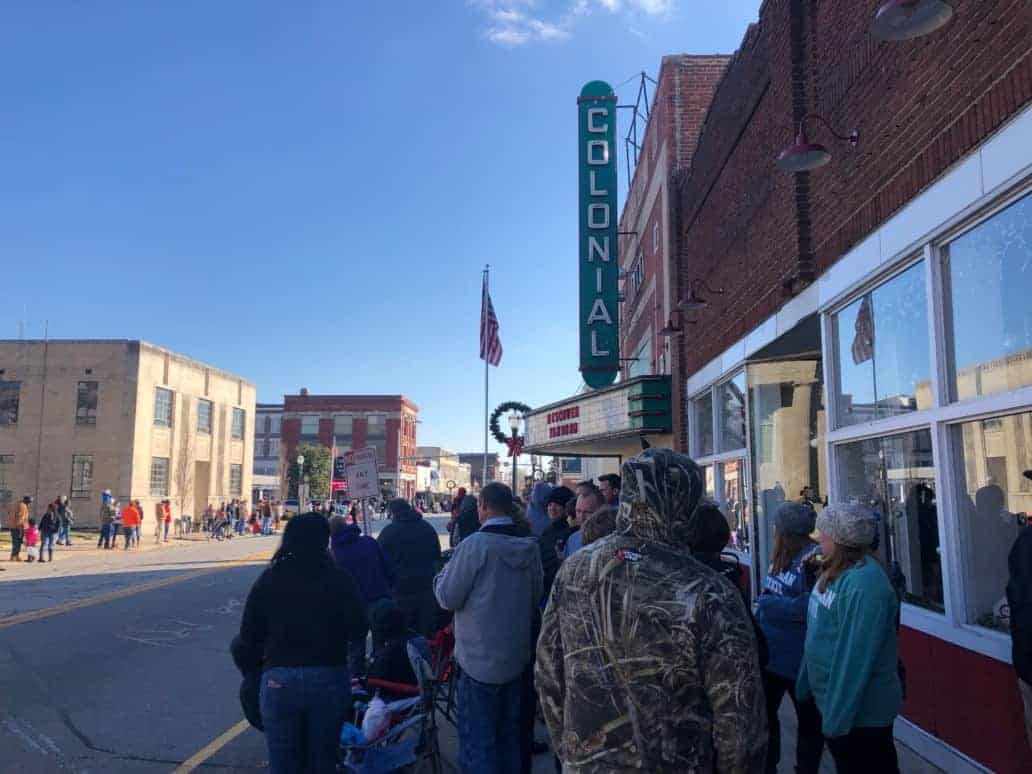

2017 was a difficult year for so many of the people we crossed paths with in communities across our state.
We will never forget the young lady in Madison County who was living without her incarcerated father and her mother who had disappeared because she was probably “on some stuff,” as the student’s grandmother told me in the pew of a small country church.
We still get emotional when we visit the closed Princeville Elementary in Edgecombe County and recall the impacts of Hurricane Matthew a year-plus later.
Yet these stories, as difficult as they might be, serve to remind us of what is possible when solutions are crafted by the community with the community in mind.
In Madison County, PAGE serves as a lifeline and a launching pad for the young woman we met and others just like her. PAGE hires residents from the community and invests in young women who will lead the way forward for Madison County and perhaps the entire region.
We took philanthropists and policymakers to Madison County last August to talk about what it would mean to give every rural adolescent an opportunity to lead.
In Edgecombe County, innovative leaders are actively engaging their community in conversations about the future of Princeville Elementary, tackling trauma sensitive learning and racial equity within the school system.
We took philanthropists and policymakers to Edgecombe County last March to talk about what it would mean to give every rural adolescent an opportunity to thrive.
These ground up solutions bring us and others hope. This has fueled our thinking about the need to lift up the public in public policy and our work to build Reach NC Voices.
EducationNC launched in 2015 with one core belief — our work is all about our students. But even then, we knew to create meaningful change for our students, we also had to understand their families, their communities, and their lives. We knew educational outcomes were not determined just within the classroom walls. The neighborhoods they live in, the churches they go to, and the places their parents work all matter.


So one year ago, we launched the next iteration of our work with our landmark initiative, Reach NC Voices. We believed we could take the conversations we were holding one-on-one with individuals across our state to scale. We wanted a wider audience to hear those conversations.
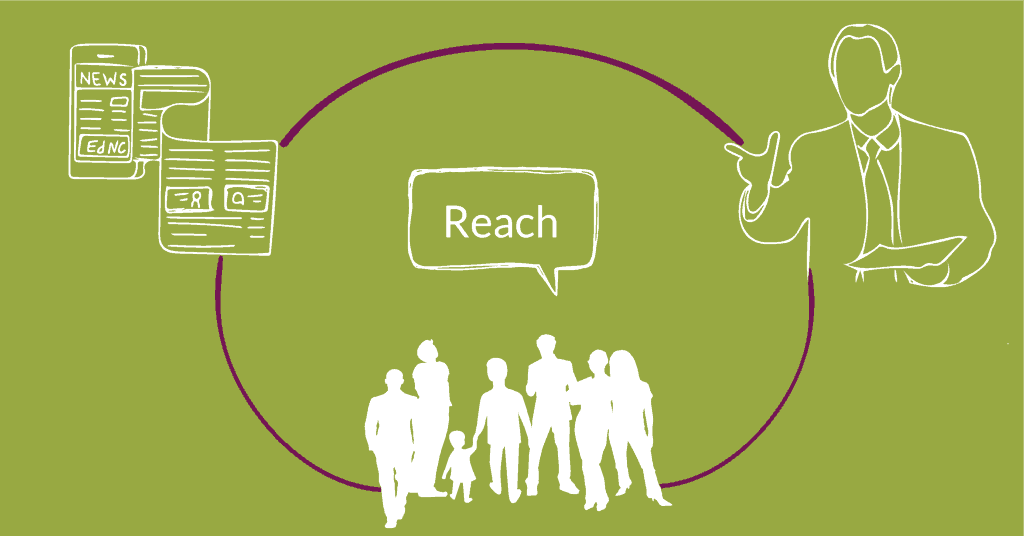

We believed our own architecture of participation could be expanded with ultimately more of our fellow North Carolinians benefiting from engaging in a conversation about our state. We dared to dream how this statewide conversation would shape our future.
We were concerned about the proliferation of technology and changes in lifestyle which studies have shown may contribute to a profound sense of isolation for many. Combine this with the decline of trust in institutions — especially trust in the media — and we began to wonder what this all could mean for the most essential act of citizenship: participation.
But as the responses, comments, stories, and photos began to trickle in — or flood, depending on the question — one thing was clear:
It is time to put the public back in public policy. The people across North Carolina are ready to weigh in.
We learned another thing. People care about the issues and are willing to participate when they understand the connection between the issue and their everyday lives and believe there is a way to change things for the better.
The idea of Reach NC Voices could best be described as a 21st century town square built on our belief that the act of truly listening is a revolutionary one, and that if we listen, then people will participate.
At this point, you might be wondering how Reach NC Voices works and how you might contribute.
Reach looks different depending on how you choose to engage.
We have a web-based chatbot.
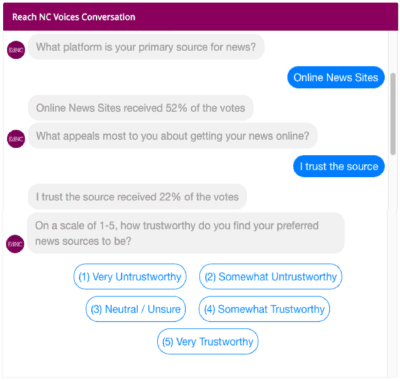

We are available via Facebook messenger.
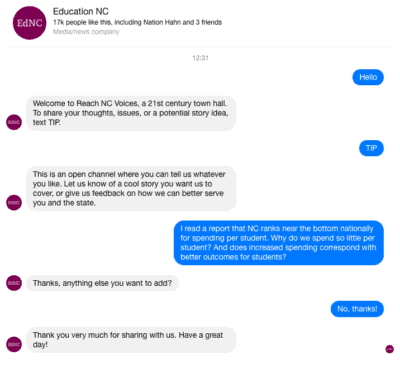

You can text us at 73224.
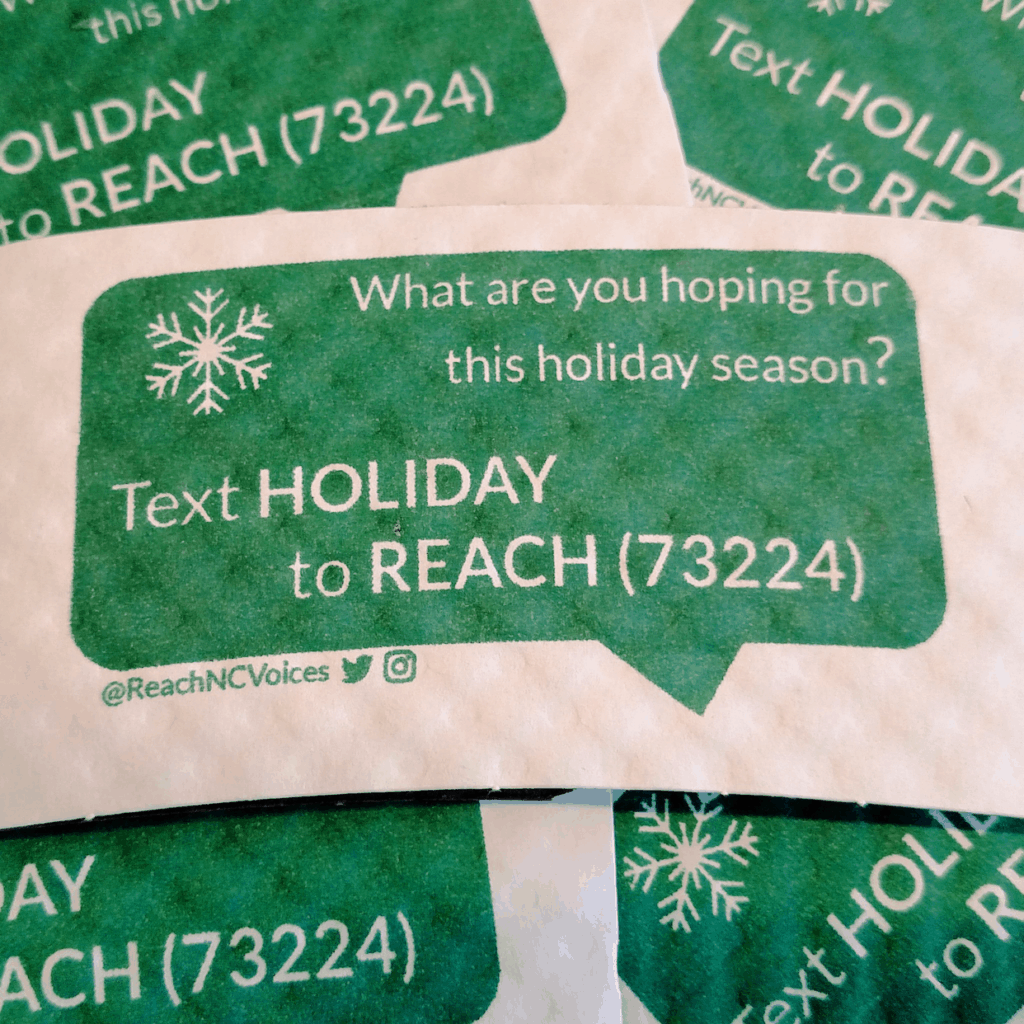

We also worked with our partners at Groundsource to build a data tool allowing us to share information you might need when you need it — serious or not! For example, back before the holidays we invited you to text SNOW to 73224 to see your chances of snow on Christmas and more than 800 of you texted in.


That might seem a bit silly, but almost half of you who responded went on to share your hopes and dreams for 2018, and the majority opted in to being part of our Reach NC Voices conversation going forward.
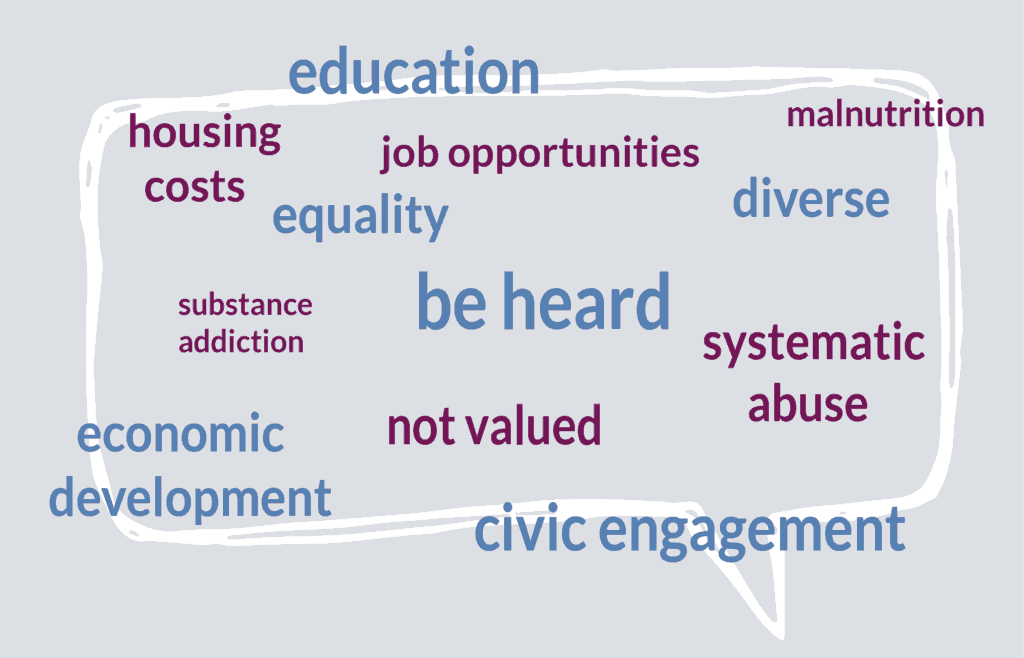

We have worked diligently with our resourceful partners at Public Input and Groundsource to make sure that all of our technology works seemlessly together. Whether you share thoughts on a Facebook post, text in, respond by email, or take a fairly standard looking survey, all of your responses go to our unique Reach NC Voices data dashboard where our reporters and researchers can comb through the data.
The dashboard serves as our hub for your conversation, generating visualizations for us so we know quickly what is on your mind.
It serves as our one stop shop to manage our relationship with you. We look at each of you as members in our attempt to revolutionize listening and put the public back in public policy. You matter to us.
This fall in user testing we learned a lot from you. You want us to be conversational with you. You want the information we provide you to be personalized. You want us to listen and provide you with the ability to engage and act beyond the conversation.
This has led us to do what EdNC always does, go out in community even more.


This winter, residents of Durham and Tarboro could find us on coffee sleeves.
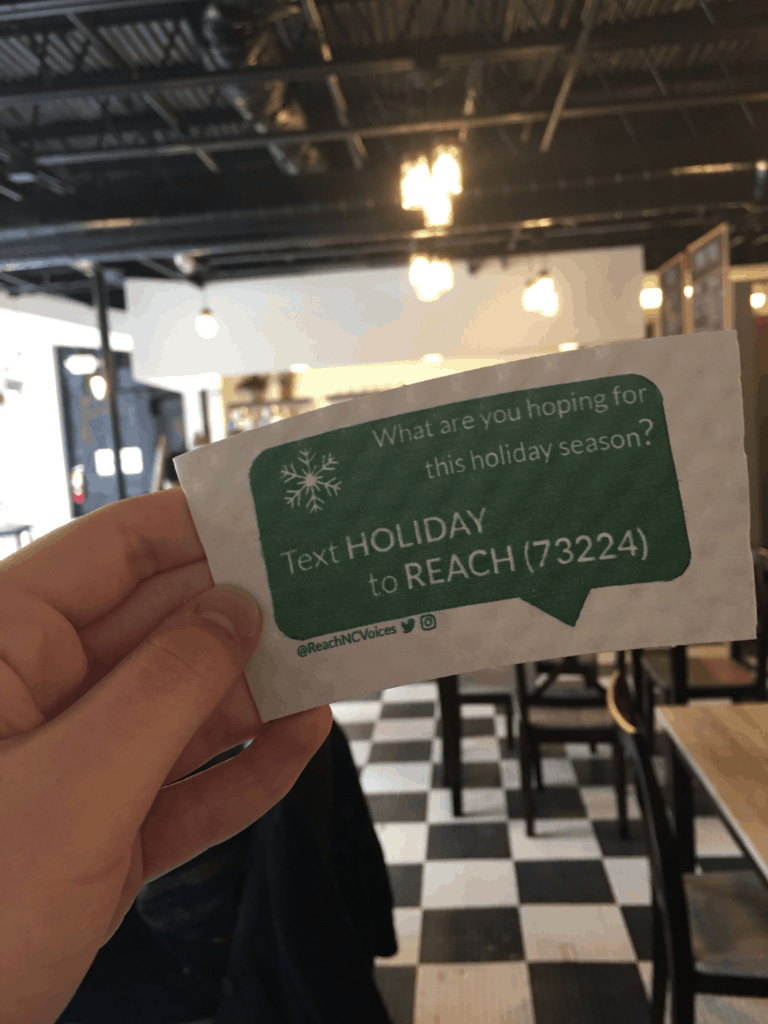

At their holiday parades.
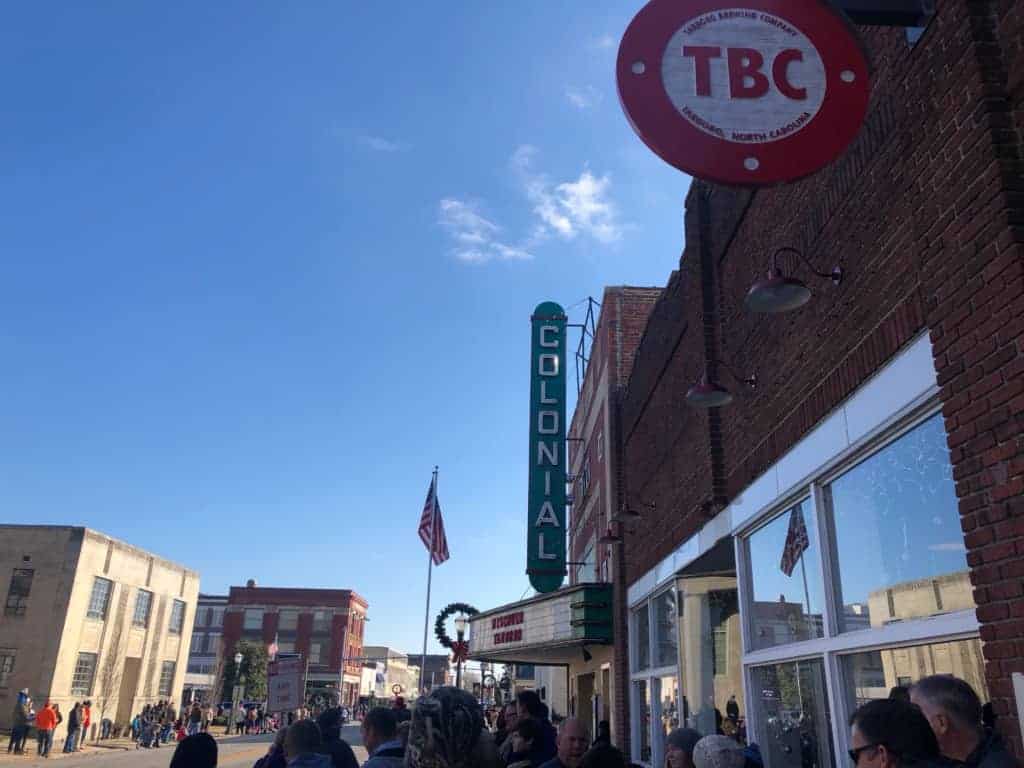

And hosting community conversations.
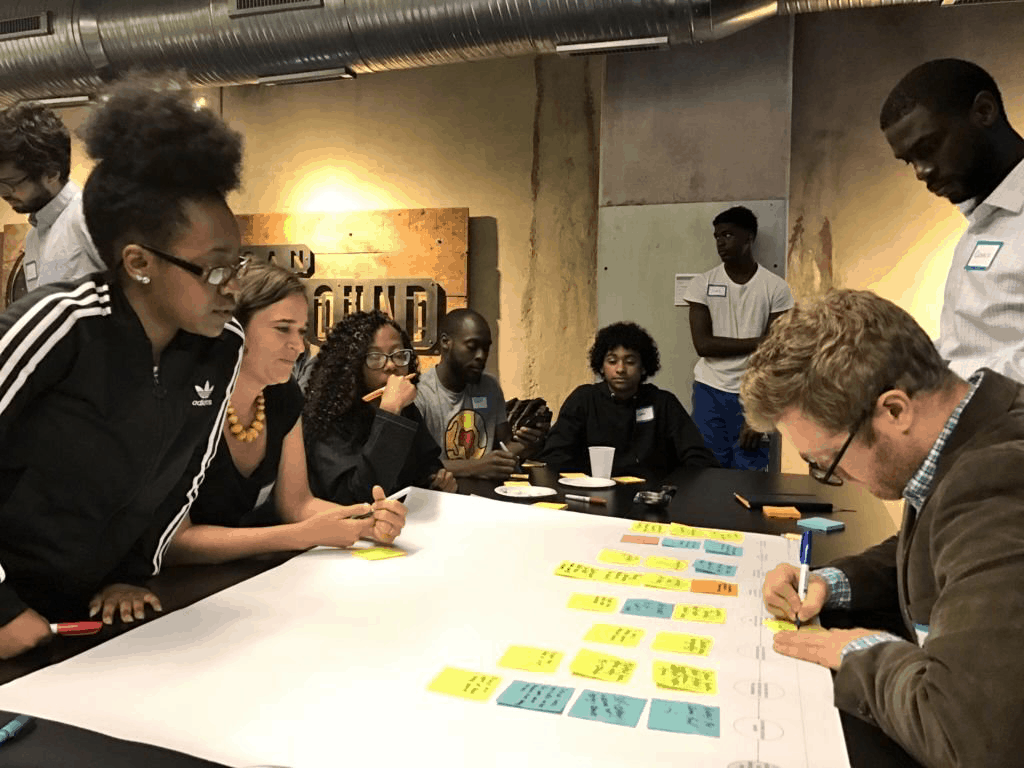

We heard your hopes, dreams, worries, and aspirations.
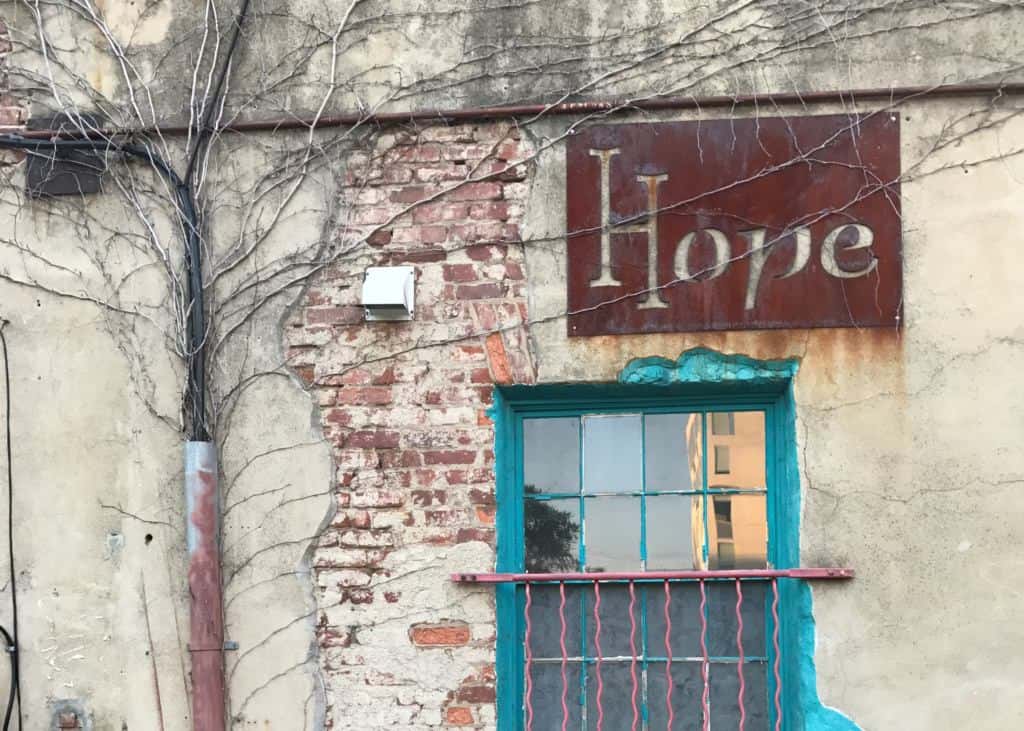

We believe all of this conversation, and all of the listening, will add up to something. We believe we can garner your input and use it to impact public policy and shape the future of North Carolina.
Thousands of teachers shared their perspective on professional learning with us in partnership with the Hope Street Group, and the Department of Public Instruction will review their thoughts moving forward.
Our work on access to healthy food and school nutrition directors is driving a discussion about addressing hunger as an instructional strategy.
We are releasing a report on teacher housing thanks to hundreds of teachers responding to questions we posed around their opportunities for living near their school in housing they can afford.
This year, Reach NC Voices will inform the work of My Future NC by surveying the state and communities across the state about college attainment.
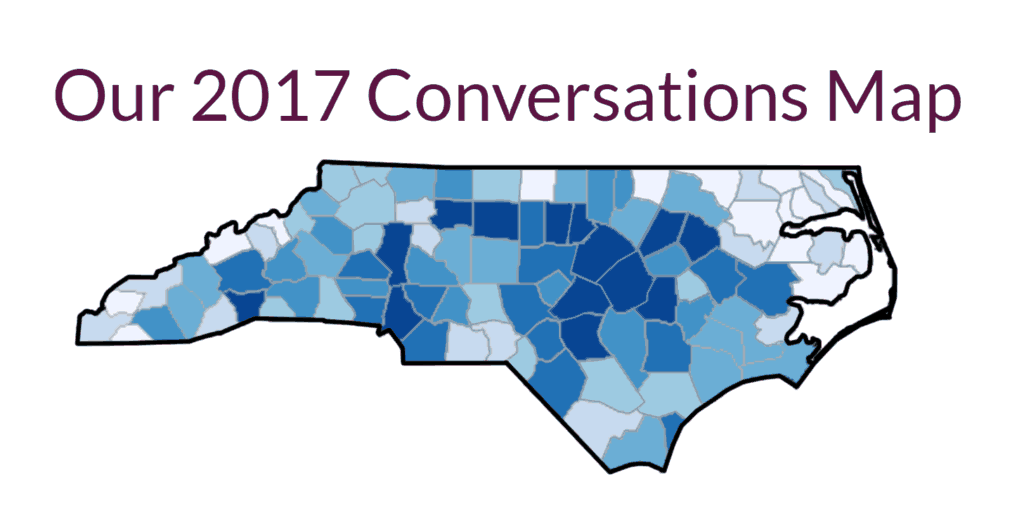

Reach NC Voices informs EdNC’s news, allowing the public to inform our journalism.


Reach NC Voices informs EdNC’s research, allowing us to uncover and understand the layers of community perspectives on an issue.


Reach NC Voices informs our engagement with you, allowing us to make sure people are connected us, to one another around “communities of purpose,” and to policymakers. Look for us to deepen our our work in Nash, Edgecombe, and Halifax counties in the east and in the Unifour (Hickory-Lenoir-Morganton-Taylorsville) heading west.
Thanks to the ongoing support of Blue Cross and Blue Shield of North Carolina and the investment of the News Integrity Initiative, we are accelerating our own investment in technology, including bringing more partners such as Hearken to the table so we can meet your needs.
Our colleague Molly de Aguiar with the News Integrity Initiative launched a website in the new year: The Year of Listening. She writes, “With the smoke bomb of 2017 now clearing, newsrooms can see that better listening and engagement are no longer ‘nice to have,’ but are absolutely critical priorities for making good on their democratic obligations, as well as for their financial well-being.” As she says, it is about listening, about bridging divides, and about the science of change.
Stay tuned. 2018 starts with us listening…to you.


